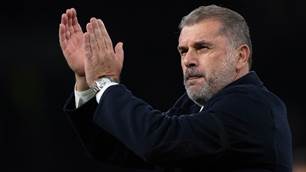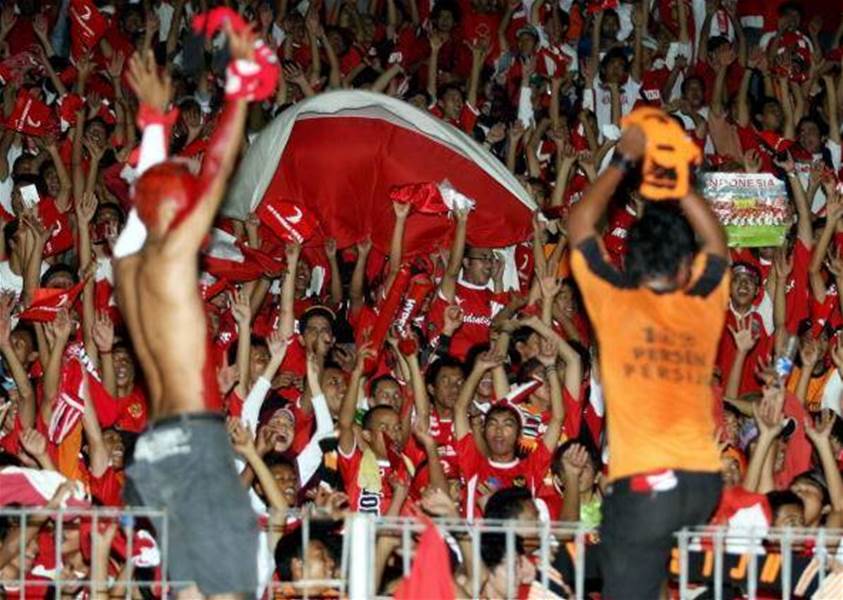Australian Robbie Gaspar remembers the moment he realised Indonesia’s football passion ran deep and was absolutely world class.
In June 2006, after finishing a club game in remote Bolamongondo six hours north of Manado, he was on the team coach driving in the middle of the night through tiny towns and villages as they negotiated the long way home in a remote area.
“Yet everywhere you looked, in the middle of nowhere in the middle of the night, there were flags of the nations playing in the World Cup over in Germany,” Gaspar, now 38, tells FTBL.
“I couldn’t believe, I thought this place is unreal. The passion for football is unrivalled.
"They are football mad.
"I was there in 2010 when they made the final of the Suzuki Cup and it was like a World Cup Final, such was the passion and fervour.”
Gaspar, who now works for Australia’s PFA, has deep connections to South-East Asia and Indonesia in particular.
He played in Malaysia before seven years up till 2012 in Indonesia and believes an Indonesia Australia World Cup bid could be a spectacular success.
And it’s not just the insane passion for football in Australia’s near neighbours.
Indonesia has moved ahead on the infrastructure side while its economy continues to grow, he explains.
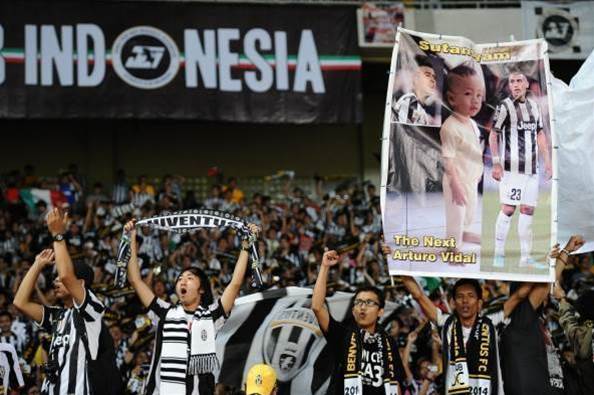
“Indonesia playing a World Cup game at the Bung Karno in Jakarta, they could sell it out 10 times over. It will be extraordinary," adds Gaspar.
“But also, there’s Bali, which has a stadium that could be upgraded to World Cup level, then there’s Surabaya, Bandung, Balikpapan, Semarang, Makassar, Manado, Medan, Pekanbaru, which has a really nice stadium.”
Jakarta's Bung Karno Stadium hosted the 2007 Asian Cup Final and holds a staggering 100,000. Indonesia also recently hosted the Asian Games, successfully too, while the largest Australian embassy in the world is in Jakarta.
With Indonesian President Joko Widodo fully onboard with the bid, it has the political imprimatur of the nation’s most influential politician.
And with the sport-loving Australian PM and Widodo likely to meet twice more before the end of 2019, you'd hope a joint World Cup bid will be on the agenda.
“I think they could host a World Cup on their own, but having Australia and the quality of our bid working with them, would be just a fantastic opportunity for both countries to work together,” said Gaspar.
Gaspar, a recipient of a sports award at the Australia Indonesia Awards 2017, was the first Aussie to play professionally in Indonesia.
He played there for seven years from 2005, including with powerhouse Persib Bandung and with Persia Balikpapan.
His respect in the country translated into a role as an executive committee member of the Indonesian Players Union, where he is also a life member.
The former Hajduk Split youth team player says Indonesia has the scale, with a population of around 260 million.
As we’ve seen from many major European club tours from Chelsea, Arsenal, Juventus and Manchester United, it’s a nation utterly obsessed by the world game.
Handily, too, it has a President who is fully supportive (one of the reasons why Indonesia’s World Cup bid was scuppered in 2010).

And a joint bid, say proponents, reduces the awkward question of how many automatic host spots go to ASEAN if they were successful with their multi-nation bid.
FTBL saw first-hand the mesmerizing passion of fans across ASEAN, not just in Indonesia.
The 2018 Suzuki Cup - dubbed the region’s World Cup - saw some huge crowds in Kuala Lumpur, Bangkok, and Hanoi.
The region is 600 million strong with football on the up in terms of quality.
“I was there in 2007 when they had the Asian Cup with four countries hosting including Indonesia,” Perth-based Gaspar added.
“I thought Indonesia had the biggest buzz of the four host countries [Malaysia, Thailand and Vietnam were the other three].
“I’ve lived in Indonesia for a long time. It is one of the fastest growing economies in the world and is set to be a top-four economy by 2050.
“So the way the economy is growing, they could probably do it on their own. But they could learn from the Australians. It'd be a perfect combination.
“And traveling Indonesia to Australia and vice versa it’s not far, Bali to Perth is just 3.5hrs while Perth to Jakarta is four hours.
“And for Aussie and world fans, the cultural experience traveling from Aceh to Papua and seeing how diverse it is.
“There’ll be issues along the way with any joint bid but I think the positives far outweigh the negatives.
"It's a perfect idea."
Stadium and travel infrastructure should not be a problem for fans jetting from one venue to another, says Gaspar.
The cavernous Gelarno Bung Karno stadium in Jakarta is the showpiece but there’s much more.
“Stadia infrastructure has improved massively since I began playing there in 2005 to 2012. I lived in Balikpapan and they have an international airport. And a new 45,000 seater stadium.
“Likewise, Semarang has a domestic airport and a 55,000 seater stadium. Makassar, Palembang, and Surabaya are building stadia.
“All over Indonesia, they are building really good stadia, new ones. And with the airports being built, and the roads are being improved as well.
“One of Widodo’s mandates is to improve the links between the archipelago and the cities, especially throughout Java.
“And in Jakarta, the new train system has improved public transport, too.”
Imagine holidaying in Bali, watching World Cup games in your timezone as sunset descends on the party capital island...
Then flying to see a World Cup Group game in Jakarta at the impressive Bung Karno stadium, before flying to Australia for more carnival style partying as World Cup fever takes over down under.
“And there are so many places that are easy to get to from Jakarta or Bali. Medan, Surabaya, Makassar… it will be amazing,” added Gaspar.
Opponents of Indonesia will point to their low FIFA ranking (currently 160, though they were in the top 80 in 1998) and previous governance issues, resulting in a FIFA ban.
Indonesia was banned in June 2014 after the sports ministry and football association failed to resolve a dispute over who ran the game in the country.
The suspension ruled the national team out of the 2018 World Cup and 2019 Asian Cup qualifying campaigns.
And in 2012, Indonesia escaped sanctions when rival associations, angered by divisions over local FA chairman elections, finally agreed to merge their league competitions.
What's more, worryingly, hooligan culture in recent times has cast a dark cloud over football in the country.
“Despite all the issues of governance with their football, to continue to get thousands of fans filling stadia with that passion," stresses Gaspar.
And hosting a World Cup will drive up standards across the board, enabling Indonesia, explained Gaspar, to roll out a junior development program aimed at producing the highest quality national team.

The ASEAN bid, purely by its numbers and combined economic muscle, remains a powerful contender at this stage.
Gaspar, however, remains a little skeptical, saying “there are probably too many countries” in their bid.
He added: “I just think two nations, Indonesia and Australia, are better suited.
“By the time a World Cup comes around, Indonesia will be ready for it. It’ll be unrivaled.
And I think a turning point for their football. And perhaps this joint bid will help Australia finally get over the line to host.
“I get goosebumps just thinking about it.”
Related Articles
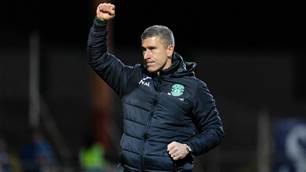
Champion A-League coach set to join Premier League giants
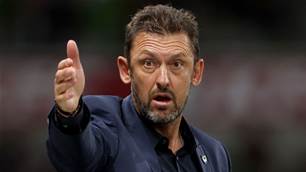
Split decision: Popovic in mix as Hajduk hunt new boss
